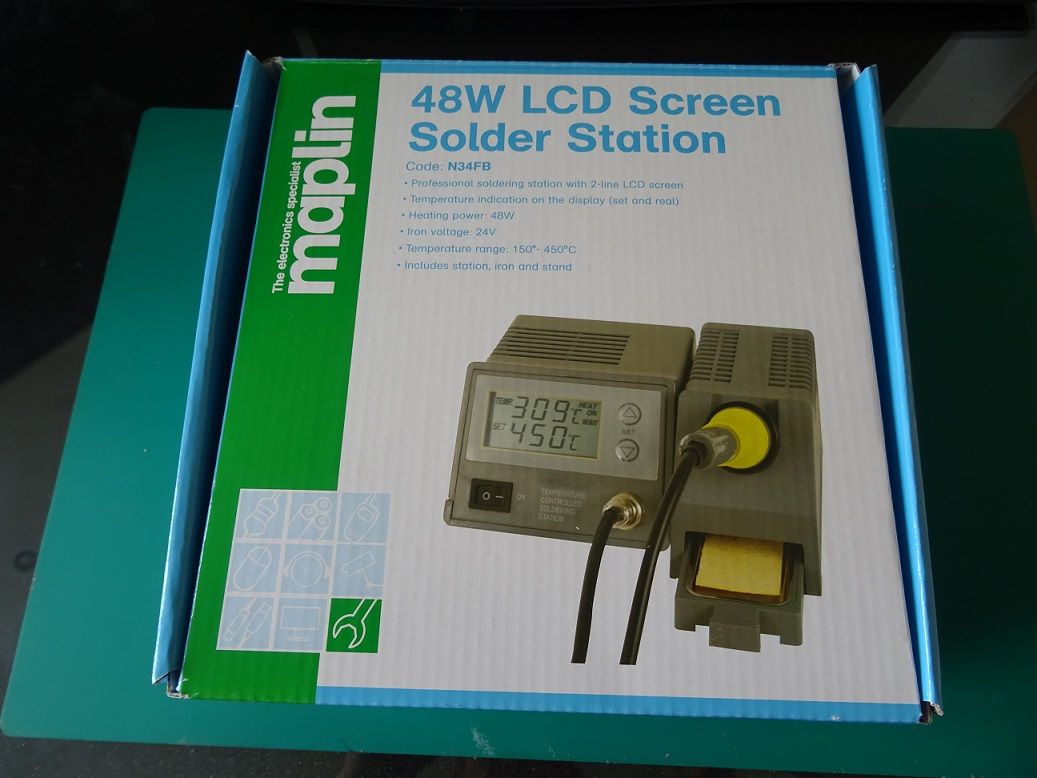Will L wrote:John Donnelly wrote:Thank you gentlemen, much appreciated. Keith, I showed it to another modelling friend who suggested that I'd only need a 48W iron if I was planning on soldering huge chunks of metal together...
For many modelling task 50 watts may be seem more than enough, but wait till you try and to solder a lost wax bass dome onto a brass tube boiler...
I hate to say it, because it's another expensive solution to a task that requires an investment. However this is the perfect use for a Resistance Soldering Unit.
Tin the dome or boiler generously with 145. Place *very* carefully on the boiler making sure that it is upright in all planes. Apply RSU probe to top of dome. Press <on> switch and watch solder flow around the skirt of the dome. You may also see the dome "sit down" on the boiler.
Remove power, and wait a *significant* period of time for it to cool down before removing the probe and confirming that all is fixed.
Despite the dome acting as a huge heatsink, the boiler seems not to heat up other than in the immediate vicinity of the dome.
I would never suggest buying an RSU just to fix a dome on a locomotive. However as they are a useful tool generally, if you have one this is yet another purpose that I think complements a traditional iron.
Cheers
Flymo
